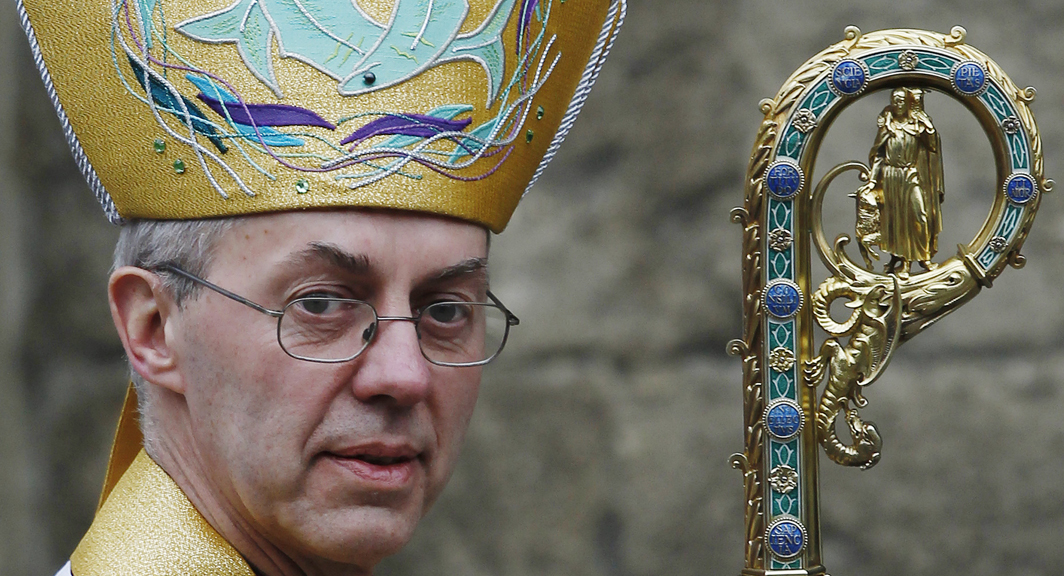Church of England urged to get rid of Google shares
The Church of England should show “moral leadership” and consider pulling its money out of Google to persuade it to block illegal images of child abuse, says MP Claire Perry.

Google is under pressure to do more to tackle child sex abuse images online, after its biggest rivals promised prominent on-screen warnings to help to stop “vile” searches.
Microsoft has introduced a “pop-up” warning on its Bing search engine that tells UK users that they are searching for illegal child abuse images.
“It is quite clear that many companies, in particular British internet service providers, are finally now taking a really responsible approach to this. They are seeing that we want a level of social responsibility,” said Claire Perry, the prime minister’s adviser on preventing the sexualisation and commercialisation of childhood.
“There are others out there who have not got that attitude. The prime minister was saying Google have a responsibility, they are effectively helping people for which there can be no case made.
“They (the Church of England and other investors) have a role to play, they have questions to ask themselves. They are moral leaders. If they are going to opine on things then putting your money where your mouth is is an incredibly powerful tool.”
Company shares
The Church of England holds millions of pounds worth of shares in companies in everything from oil to pharmaceuticals and technology as part of an investment portfolio worth around £7.5bn, documents show.
Google, Apple, Shell, BP, GlaxoSmithKline and Vodafone are among the companies backed by the church’s three bodies that manage and administer investments, according to documents available on its website.
Others include mining firms Rio Tinto and Anglo American, food producer Nestle and British supermarket Tesco.
Read more: FackCheck - What else does the Church of England invest in?
Ethical investment
Ecclesiastic financial activity is monitored by the church’s Ethical Investment Advisory Group (EIAG), which makes recommendations on ethical investment policy.
The EIAG, in its annual review for 2012/2013 says that these three bodies – the Church of England Pension Board, the Church Commissioners and the CBF Church of England funds – have a “moral and legal responsibility” to further the interests of their beneficiaries.
But it adds: “While mindful at all times of beneficiaries’ need for financial returns, the investing bodies seek to align their investment policies with the ethics of the church by acting on the recommendations of the EIAG.”
The call follows a recent embarrassment after it was discovered the church was helping to fund Wonga, the payday leader that Archbishop Justin Welby said he wanted to put out of business.
-
Latest news
-
Taylor Swift’s new break-up album breaks records3m

-
NHS trust fined £200K for failings that led to death of two mental health patients3m

-
Sunak vows to end UK ‘sick note culture’ with benefit reform3m

-
‘Loose talk about using nuclear weapons is irresponsible and unacceptable’, says head of UN’s nuclear watchdog3m

-
‘There wasn’t an Israeli attack on Iran,’ says former adviser to Iran’s nuclear negotiations team7m

-




